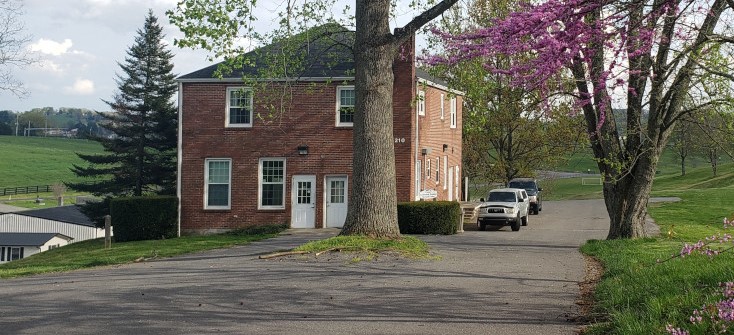
Named for the Cumberland Mountains in which the Lincoln Memorial University (LMU) was founded, the Cumberland Mountain Research Center (CMRC) was established in 1990 on the (LMU) campus to foster a collaborative research environment among faculty and students as part of the larger science education mission of the University, and to provide a broad range of research facilities, opportunities, and resources to LMU faculty and student researchers. The original objective was to take advantage of the unique ecology of southern Appalachia that surrounds the Cumberland Gap region. Working with a variety of institutions and organizations, including state and federal agencies, these efforts quickly expanded to include many areas across the Southeastern United States, as well as westward into Arkansas. Shortly after this time, the CMRC also began developing international opportunities in Kenya, Thailand, Belize, and Costa Rica, and it continues to provide and facilitate regional, national, and international opportunities for LMU faculty and students to this day.
Throughout its history, the CMRC has been involved with species management and restoration (delisting of an endangered snail) as well as identifying species new to science (including slime molds and sponges). Ongoing endangered species projects focus on the reintroduction of endangered mussels within the Powell River and monitoring efforts of an endangered species of tapir in Costa Rica. With these and many other ongoing projects, the CMRC actively promoting faculty and student research contributions in conservation biology and ecology publications in scientific journals, conference presentations, and a variety of outreach and education opportunities within southern Appalachia.
With a particular interest in conservation biology and ecology, the CMRC is committed to enhancing research support to LMU faculty and students, both undergraduate and graduate, by facilitating the scholarship of discovery through high-quality research, creative activities, and outreach initiatives. Central to this mission, the CMRC will seek research opportunities, partnerships, and collaborations to foster strong research and outreach efforts, as well as seek funding and resources necessary to facilitate these endeavors. As a point of contact for all it’s stakeholders, partners, and collaborators, the CMRC will facilitate, as needed, project and research development, management, communication, and dissemination of results while adhering to the highest ethical standards and professional best practices.
As we have numerous faculty involved in a variety of research areas who mentor undergraduates as they conduct research, locally, regionally, nationally, and internationally, we are conducting research in variety of subjects listed below. With the varied interest of our faculty and students, we utilize a variety of molecular, field, and lab techniques.
Biodiversity and Influencing Factors
Elk Forage Quality in Bell County
KY Water Quality
Endangered Species
Ecosystem Health
Climate Change
Habitat Loss/Fragmentation
Wildlife Diseases
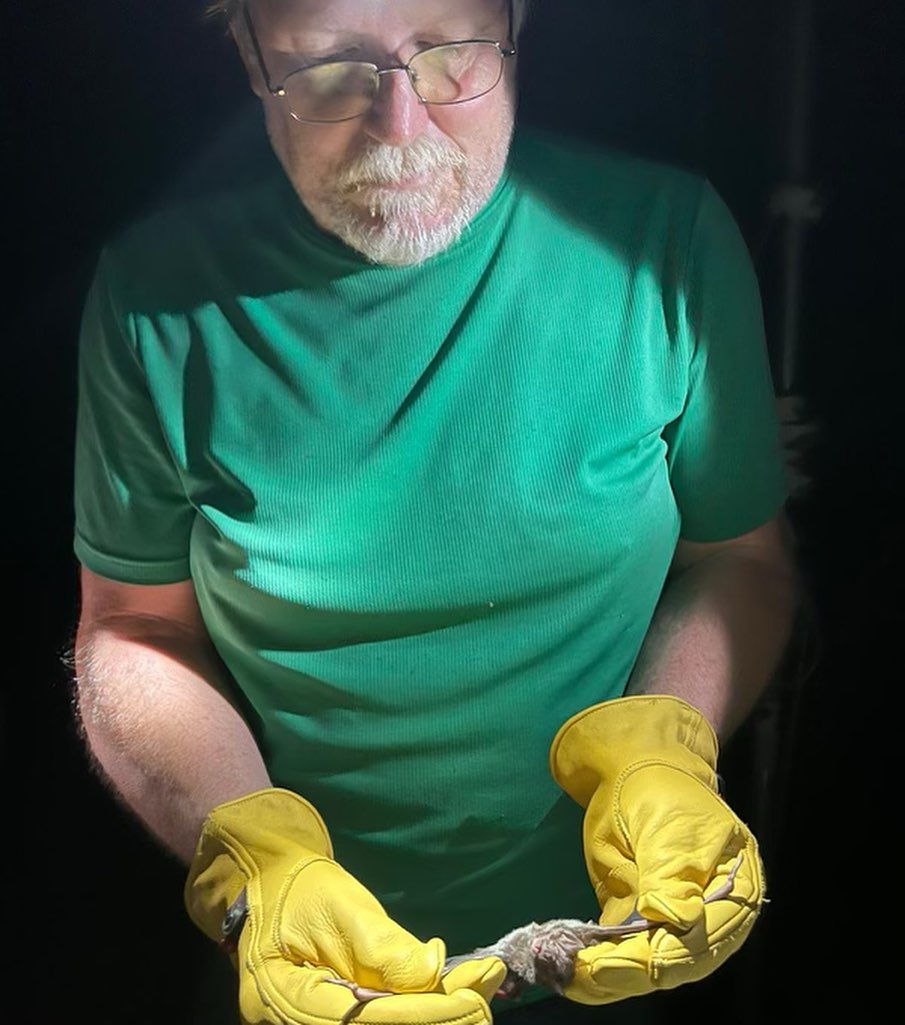
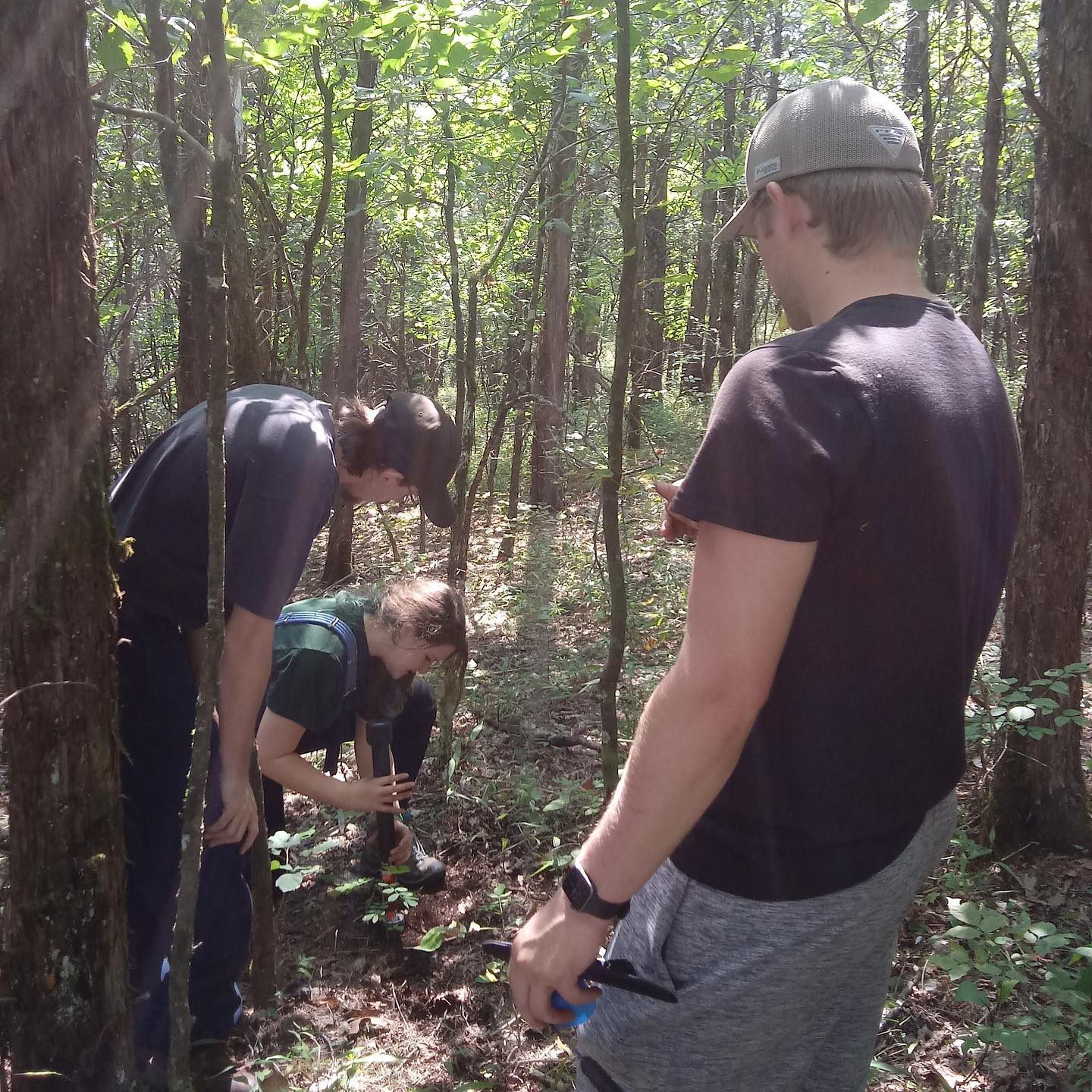
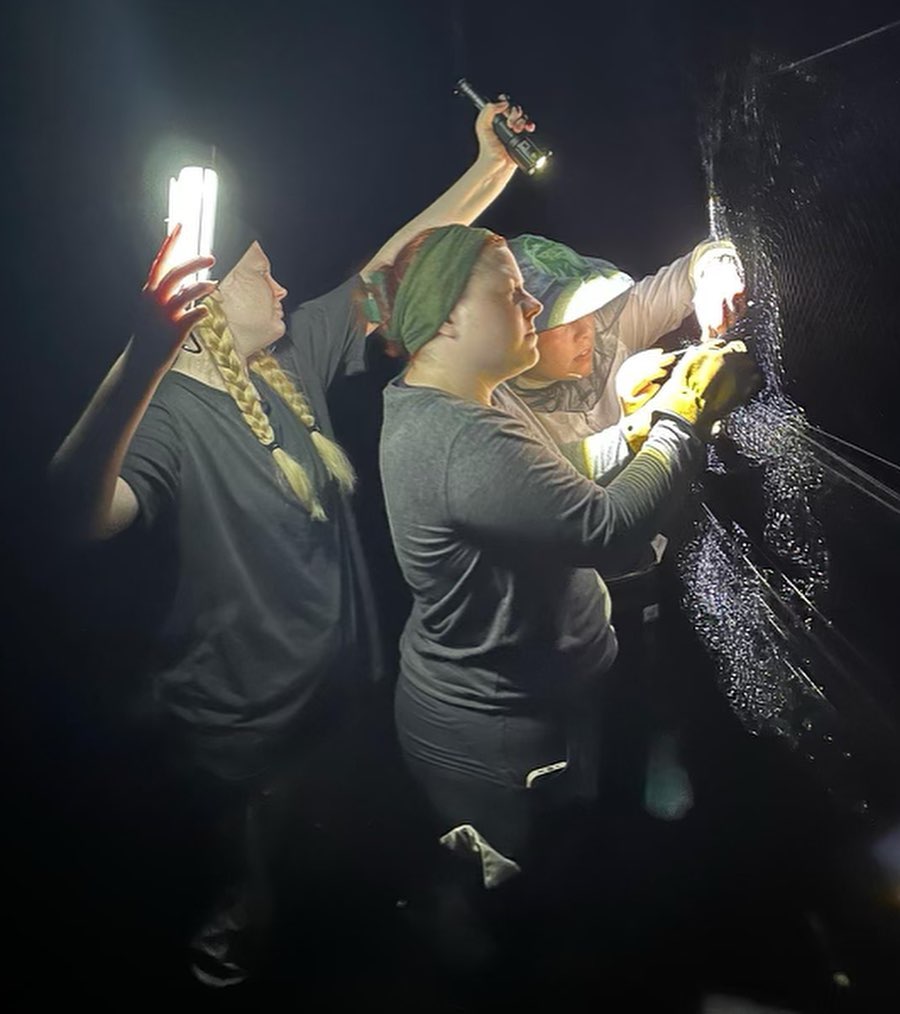

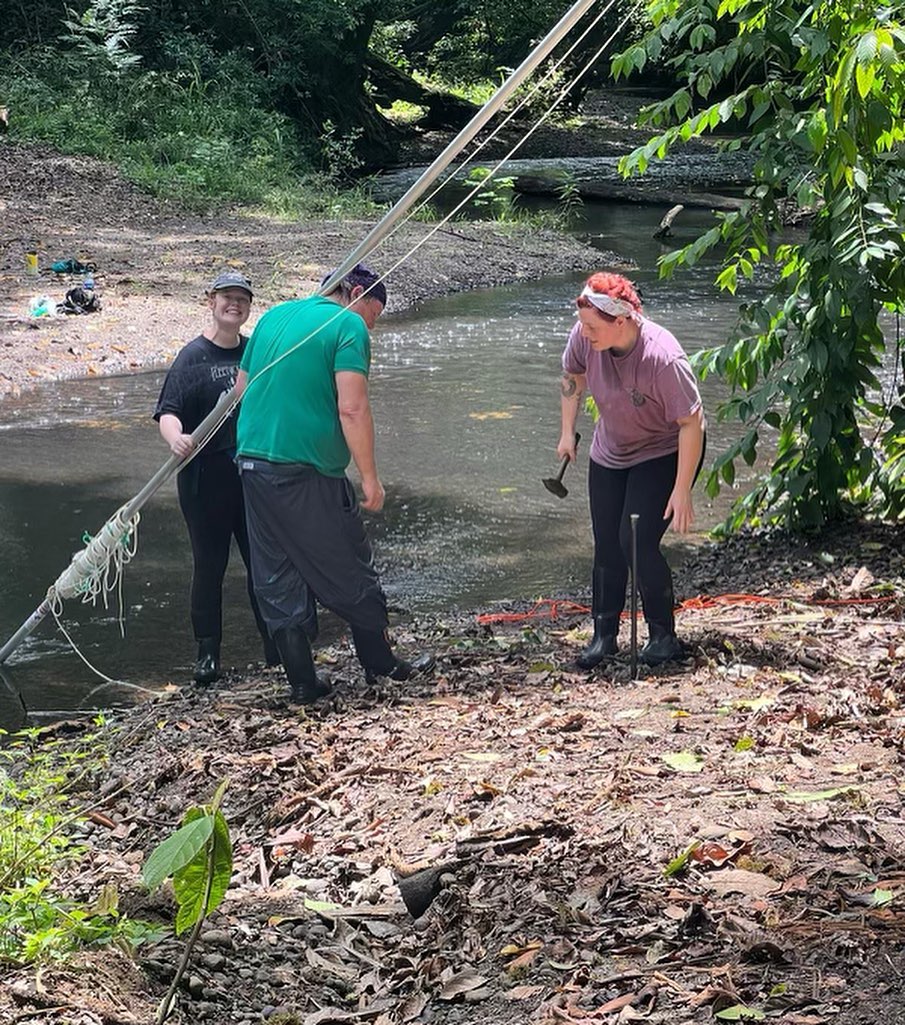
For more information about the CMRC, please contact:
Dr. LaRoy Brandt | 423.869.6608 | LaRoy.Brandt@lmunet.edu